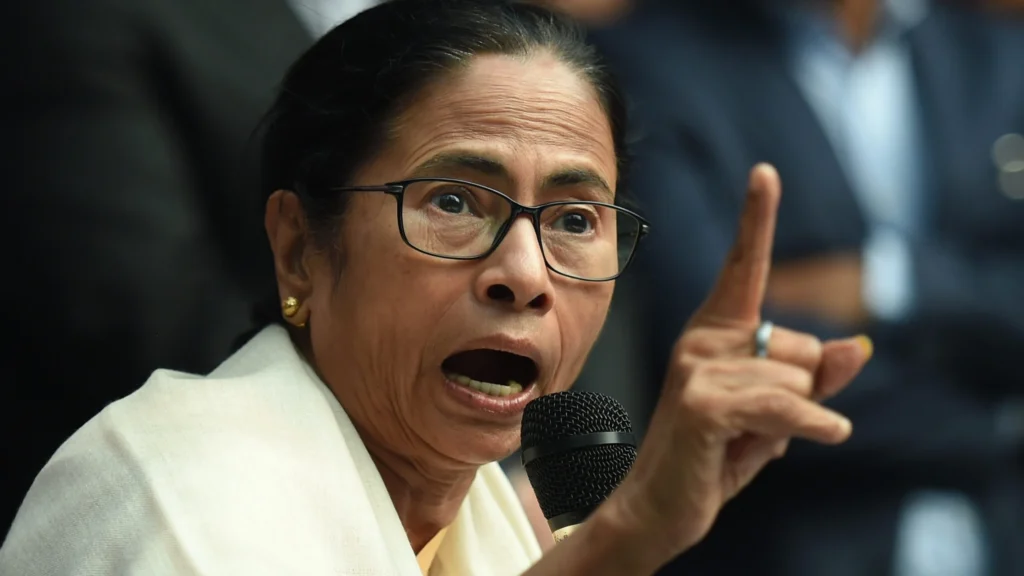
Image Credit: National Herald
Mamata Banerjee criticises central government over recent tragedies Mamata Banerjee criticises Mamata Banerjee criticises central government over recent tragedies
West Bengal
West Bengal Chief Minister Mamata Banerjee has launched a scathing attack on the central government, accusing it of being a “government of thieves” responsible for a “procession of deaths” following multiple recent tragedies in BJP-ruled states. Speaking in the state assembly, Banerjee highlighted incidents in Ahmedabad, Uttarakhand, and Pune, where nearly 290 people lost their lives in various mishaps. She condemned the Centre’s handling of these events, suggesting that the government failed to prevent such disasters and was neglecting its duty to ensure public safety
Banerjee also criticised the BJP for its alleged corruption, stating that despite numerous allegations, the party had failed to substantiate any charges against her administration. She further accused the Centre of depriving Bengal’s poor by withholding funds for the state’s 100-day wage scheme for the past four years, despite multiple inspections and compliance with regulations. The Chief Minister emphasised that such actions were discriminatory and politically motivated.
In her address, Banerjee referred to a BJP minister’s recent protest in her Kalighat neighbourhood, where the minister allegedly made derogatory gestures. She expressed her disapproval of the incident, stating, “You shelter traitors. You strengthen those who sell the nation. Common people have no security.” She also defended the rights of minorities, particularly Muslims, who constitute 30% of Bengal’s population, emphasising entitlement to equal access to food and education.
Looking ahead to the 2026 Bengal elections, Banerjee warned that the BJP would face a significant setback, stating, “The 2026 Bengal polls will reduce you to a big zero. People know your politics by now.” Her remarks underscore the escalating political tensions between the Trinamool Congress-led state government and the BJP-led central administration
Banerjee’s criticism reflects growing concerns over governance and accountability, as well as the politicisation of national tragedies. The ongoing disputes between the state and central governments continue to shape the political landscape in West Bengal and beyond.
For More National News here
